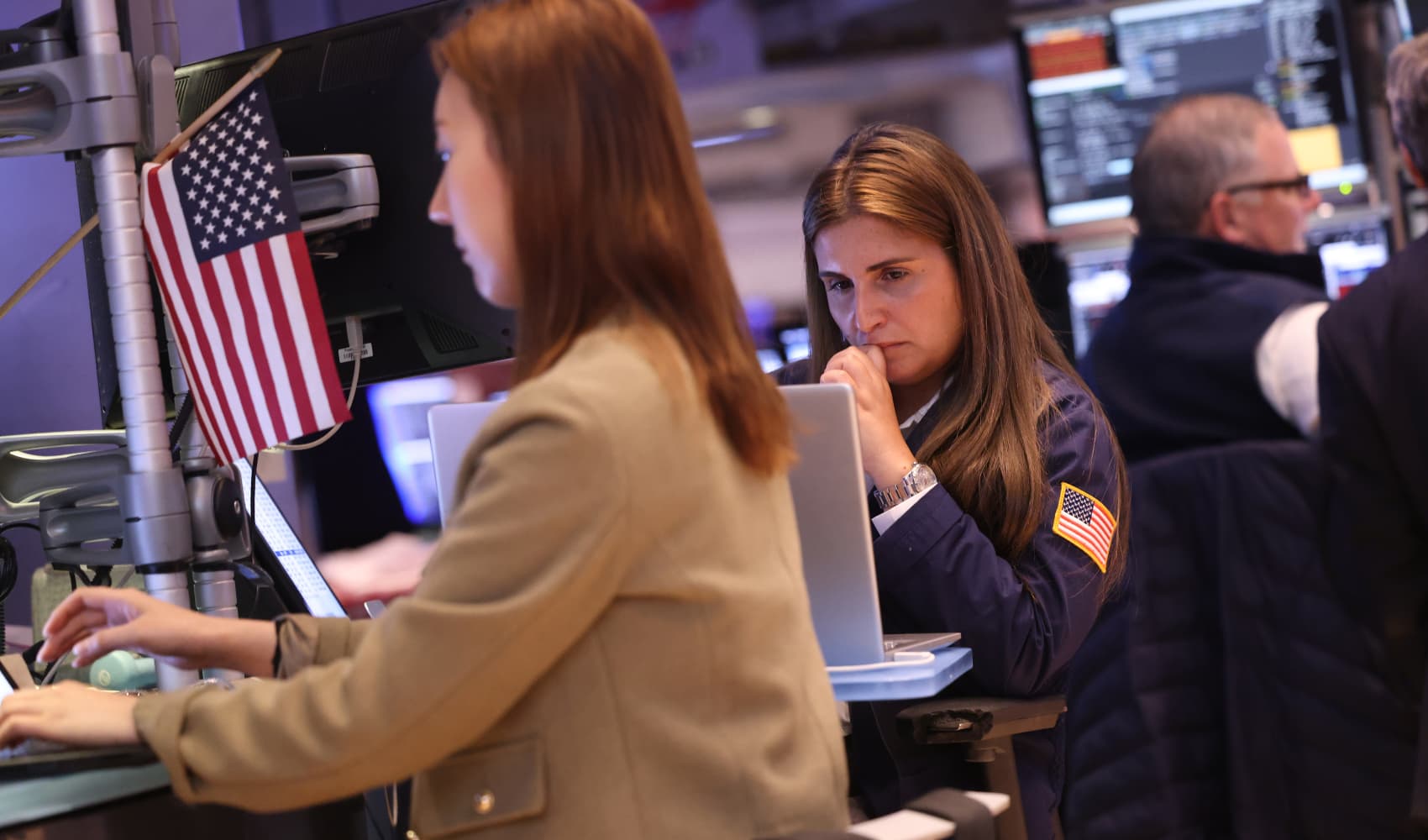
For the first time in its 140-year history, the Wharton School of the University of Pennsylvania will have more women enrolled in its incoming MBA class than men.
The school announced Wednesday that its MBA class of 2023 includes a record high of 52% women, making it the first of the seven elite business schools to have a class that consists of majority women, reports The Wall Street Journal. In addition to Wharton, Harvard Business School, Stanford's Graduate School of Business, Columbia Business School, MIT Sloan School of Management, Northwestern University's Kellogg School of Management and the University of Chicago's Booth School of Business all make up the elite seven, also known as "M7."'
"This landmark achievement demonstrates Wharton's commitment to providing a diverse and representative community for our students," Dean Erika James said in a statement. "As a female leader, I understand firsthand the significant impact that experiencing meaningful gender representation can have on women as they chart their careers." In 2020, James made history as the first woman and African-American to lead Wharton.
Get South Florida local news, weather forecasts and entertainment stories to your inbox. Sign up for NBC South Florida newsletters.
Wharton's historic enrollment of 52% women is a direct result of the school's numerous efforts to increase gender representation. In addition to its partnership with the Forte Foundation, a nonprofit that works to increase women's enrollment in business schools, Wharton also has fellowships for women students, conferences and networking opportunities via student clubs like Wharton Women in Business.
While Wharton's latest milestone of female representation puts it ahead of many other elite MBA programs, data shows that women's enrollment in business schools across the country has been increasing over the years. In 2013, roughly 33% of students enrolled in business school programs across the U.S. were women, according to the Forte Foundation. By 2019, that number had increased to 39%, with enrollment remaining roughly the same in 2020. Of the Forte Foundation's 52 member schools, 22 reported having more than 40% women enrolled in their business school programs in 2020, and eight reported having more than 45% women enrolled.
When looking outside of the elite seven business schools, Wharton isn't the first to enroll a majority-women class. In 2018, the University of Southern California Marshall School of Business had 52% women in its incoming class. And earlier this year, George Washington University's School of Business announced that its global MBA program consisted of 57% women.
Money Report
Though these numbers show signs of positive progress, James notes that the "sobering reality" is that "women still command a small percentage of leadership positions in the corporate arena."
In January 2020, women represented 28% of senior vice president positions, an increase from 23% in 2015, reports Lean In and McKinsey & Company. And while a record 41 women currently serve as Fortune 500 CEOs, this historic high equates to less than 9% of top companies.
As the economy recovers from the Covid-19 pandemic, which is disproportionately impacting the careers of women, James says it's important for business schools to play their part in cultivating a diverse pipeline of leaders.
"If industry truly desires its organizations—and the leadership within them—to reflect the world around us, we must improve the diversity of the pipeline of future business leaders," she says. "In short, this crucial work must start here."
Sign up now: Get smarter about your money and career with our weekly newsletter
Don't miss: Meet Erika James, the first woman to be appointed dean of the Wharton School






